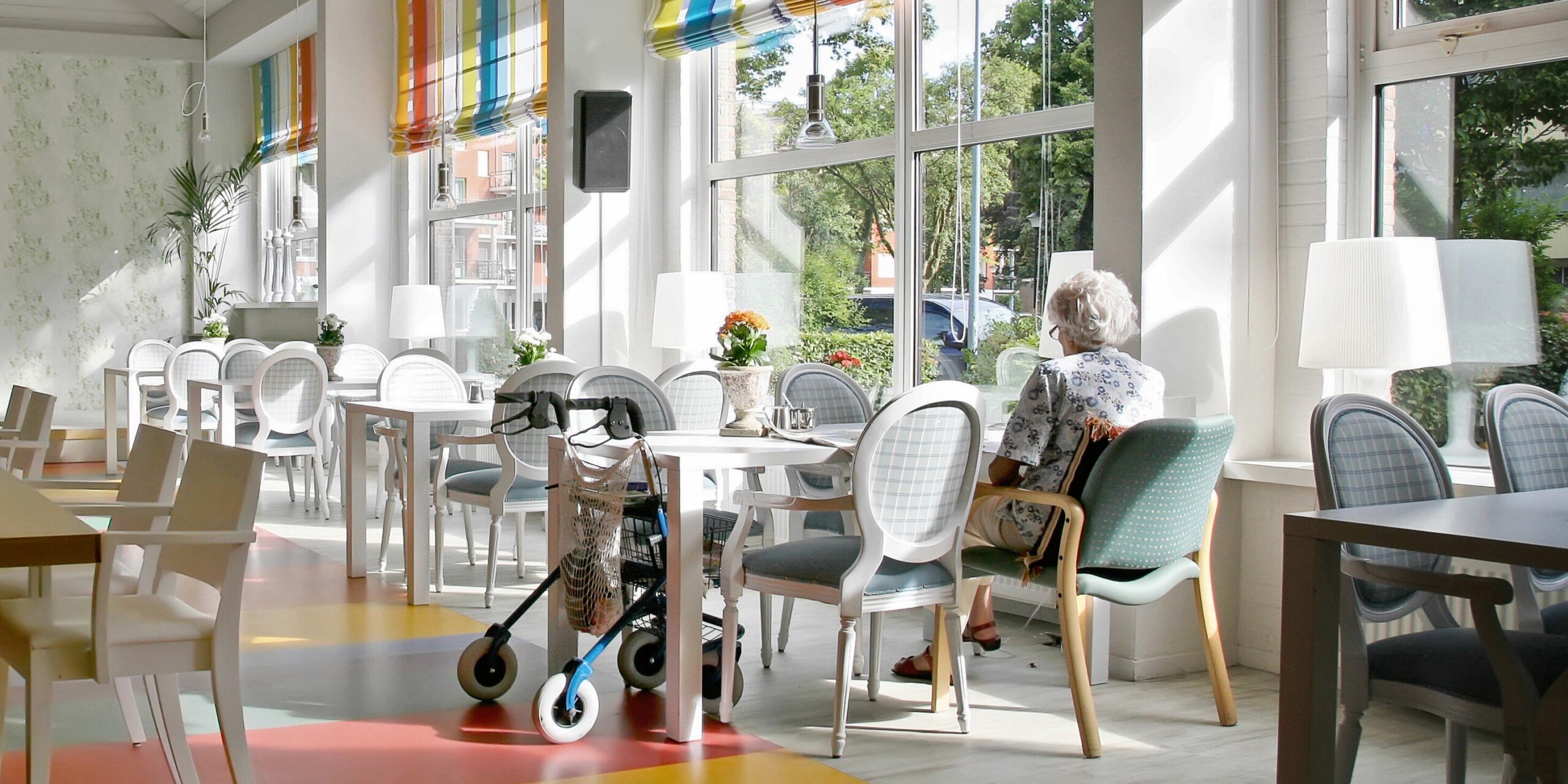Changes to Aged Care

Changes to Aged Care
In mid-September 2024 a Bill was tabled in Parliament that, once legislated, will bring changes to how costs are charged for both residential and “at home” aged care services. These changes have been expected for some time and reflect several of the recommendations made by the Aged Care Taskforce that reported to the government in March 2024.
In this article, we will consider the changes to the fees that will affect people entering residential aged care from 1 July 2025.
The government assured those currently in residential aged care, or who enter care before 1 July 2025, will not be negatively impacted by the proposed changes.
However, in some cases, people entering residential aged care from 1 July 2025 are likely to find they will be paying more. The government has confirmed they expect:
- No “fully supported” resident will pay more than they would pay if entering care before 1 July 2025,
- 7 in 10 residents receiving the full rate of age pension will not contribute more, and
- 1 in 4 part age pensioners will not contribute more.
Let’s now consider some of the key elements of the proposed changes:
Accommodation payments
Currently, when a person enters residential aged care, they may be asked to pay a lump sum Refundable Accommodation Deposit, a Daily Accommodation Payment, or a combination of both. For people with lesser means, they may be asked to pay a Daily Accommodation Contribution instead of a Refundable Accommodation Deposit or Daily Accommodation Payment.
As the name implies, a lump sum Refundable Accommodation Deposit is fully refunded, except in some limited circumstances, when a person leaves care. The maximum Refundable Accommodation Deposit that an aged care facility can charge is currently $550,000 unless the facility is approved to a higher deposit. The proposed legislation will allow facilities to charge a Refundable Accommodation Deposit of up to $750,000 without the need to apply for approval. This is due to take effect from 1 January 2025.
While the current Refundable Accommodation Deposit is typically fully refundable upon leaving care, the new legislation proposes to allow an aged care facility to retain 2% of the Deposit for each year of residency, subject to a maximum retention of 10%.
Ongoing care fees
A basic daily care fee is paid by all residents. This is set at 85% of the full rate of age pension. The basic daily care fee will continue to apply to new entrants to residential care from 1 July 2025.
Currently, when a person enters care, they may also be asked to pay a means-tested care fee. This is calculated based on a residents’ assets and income. The means-tested care fee is subject to both annual and lifetime caps.
The new Aged Care Act proposes to abolish the means-tested care fee for new entrants to care from 1 July 2025. It will be replaced with two new fees; a non-clinical care contribution that is based on income and assets, with a lifetime cap, and a “Hotelling Contribution”, also based on assets and income.
In certain cases, aged care facilities currently charge an extra-service fee, usually agreed to between the resident and the facility for premium services that may be provided. The new legislation allows for an extra-service fee to be charged, known as the Higher Everyday Living Fee, where agreed.
Conclusion
These changes mean that some part-pensioners and self-funded retirees entering residential care from 1 July 2025 may pay more. However, because fees are influenced by individual financial circumstances, it’s hard to predict exactly who will be better or worse off.
The legislation is currently under review by a Senate Committee, with their report due by 31 October 2024. This article will be updated as more details become available.
Blog Authors





